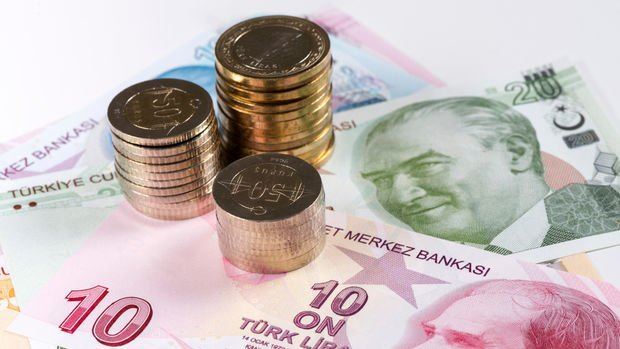Although the risk perception in global stock markets decreased after the statement made by Pfizer yesterday, after the three doses of vaccine were stated to be highly effective against the Omicron variant, tightened measures and ongoing inflation concerns make pricing difficult in the markets.
While developments in the real estate sector in China remain uncertain, the macroeconomic data flow also produces mixed signals regarding economic activity.
On the other hand, tightening steps towards monetary policies continue around the world with the effect of increasing inflation expectations. While the Central Bank of Brazil increased the policy rate by 150 basis points to 9.25 percent, it directed that a similar interest rate increase could be made in the February meeting.
With the decrease in the concerns about the Omicron variant in the Kovid-19 epidemic, the buyer's course was preserved, albeit limited, after the rapid rise in the New York stock market the previous day. The S&P 500 index gained 0.31 percent, the Dow Jones index gained 0.10 percent and the Nasdaq index gained 0.64 percent. Today, it is seen that the selling trend is dominant in index futures contracts.
In Europe, the restrictions that were put into effect after the increasing number of cases in the Kovid-19 epidemic caused the profit sales to increase yesterday, after the rapid rise in the stock markets the previous day.
DAX 30 index lost 0.80 percent in Germany, FTSE 100 index lost 0.04 percent in England, FTSE MIB 30 index lost 1.42 percent in Italy and CAC 40 index lost 0.72 percent in France. Index futures contracts started the new day with mixed movements.
In Asia, although risks from Chinese real estate companies continue to be in the focus of investors, expectations that the People's Bank of China (PBoC) will take steps to support the economy increase the demand for risky assets.
According to the data released today, annual inflation in China, which reached 2.3 percent in November, remained below the expectations of 2.5 percent, while the annual increase in the Producer Price Index (PPI) exceeded the forecasts with 12.9 percent.
Omicron variant cases seen in Japan caused the Nikkei 225 index to diverge negatively.
Accordingly, while the Nikkei 225 index depreciated by 0.31 percent in Japan close to the closing, the Shanghai composite index was 1.21% in China, the Kospi index was 0.49 percent in South Korea, and the Hang Seng index was 0 percent in Hong Kong. It gained 91.
Analysts stated that today, weekly money and bank statistics in the country, foreign trade balance in Germany, weekly unemployment applications and wholesale stocks in the USA will be followed, technically, 2.040 level in the BIST 100 index is resistance and 1,960 points is support. expressed.
The data to be followed in the markets today are as follows:
10.00 Germany, October foreign trade balance
14.30 Turkey, weekly money and bank statistics
16.30 US, weekly jobless claims
18.00 US, October wholesale stocks











Comments
No comment yet.